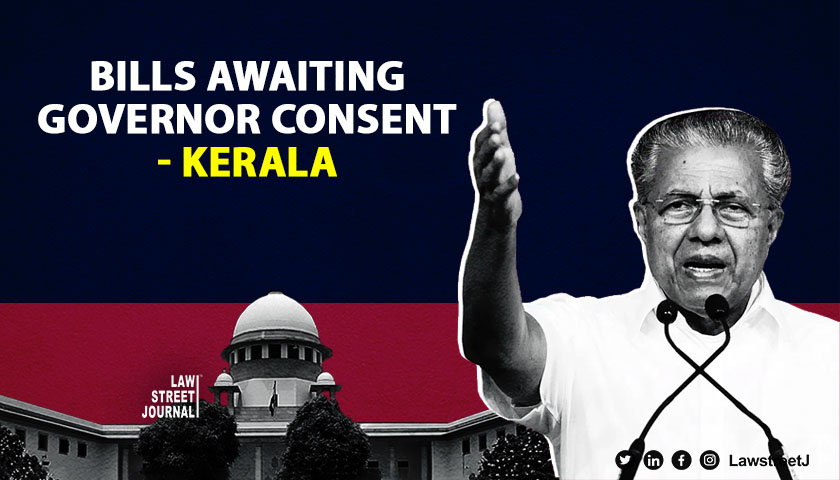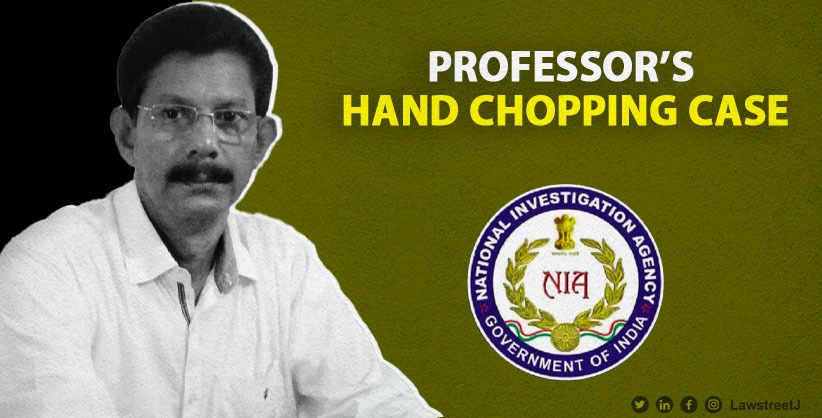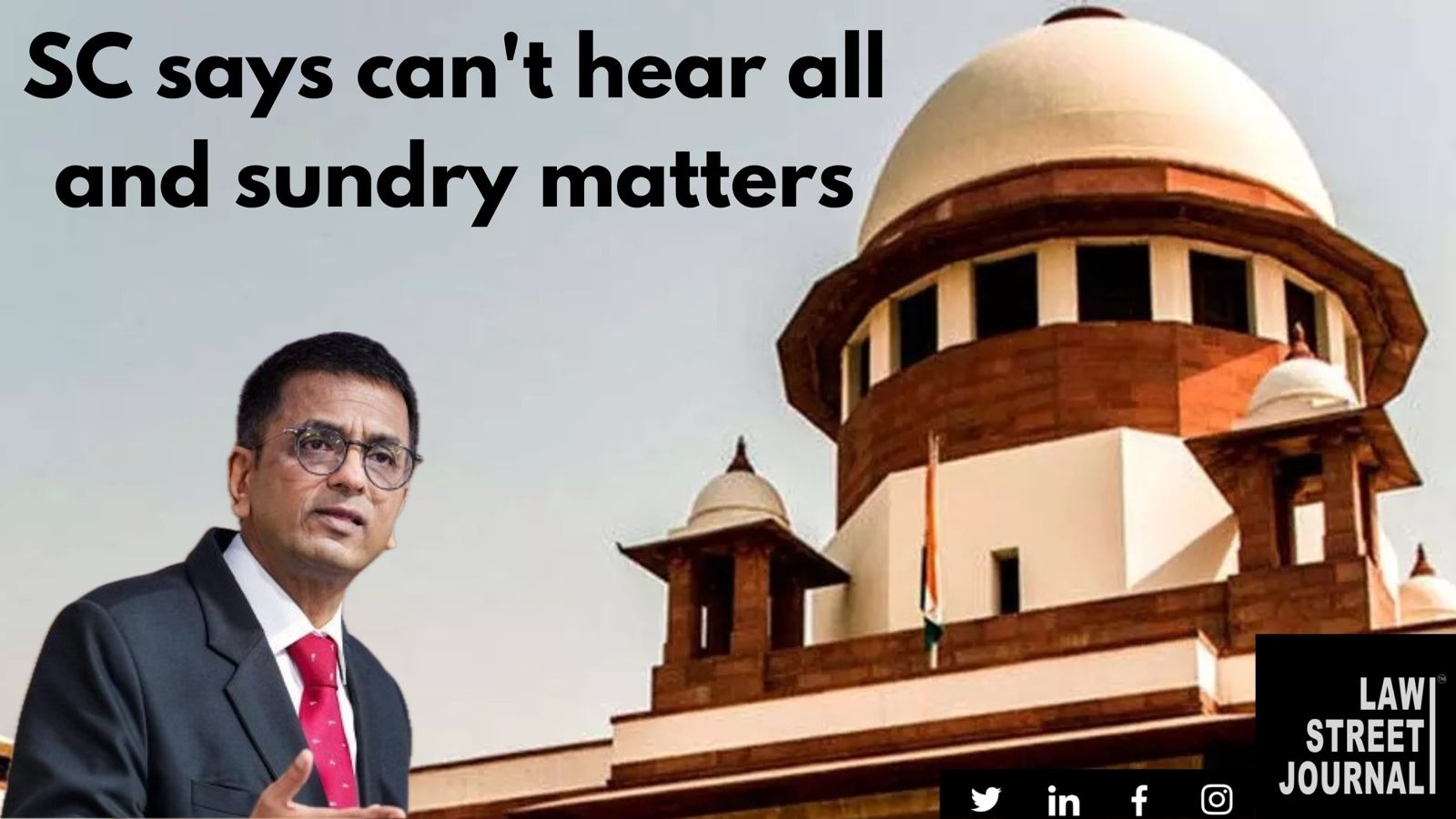NEW DELHI: The Kerala government has filed a plea in the Supreme Court, seeking a declaration that inordinate delay by the Governor in granting assent to pending Bills was "contumacious, arbitrary, despotic and antithetical to the democratic values, ideals of the Cabinet form of Government, and principles of democratic Constitutionalism and federalism".
The development assumed significance as it comes within days of similar petitions filed by Opposition ruled Punjab and Tamil Nadu governments.
In a writ petition, the state government claimed the indefinite delay by the Governor in dealing with the Bills passed by the Legislative Assembly, deprived the people of the State benefits of welfare legislations in grave injustice to them.
"Apart from being contrary to the scheme of parliamentary democracy envisaged by the Constitution, the delay further amounts to unilaterally circumventing the collective will of the people," it said.
As many as eight Bills passed by the State Legislature and presented to the Governor for his assent under Article 200 of the Constitution were pending. Of these, three Bills have remained pending for more than two years, and three more in excess of a full year, it said.
The state government claimed the conduct of the Governor threatens to defeat and subvert the very fundamentals and basic foundations of our Constitution, including the rule of law and democratic good governance, apart from defeating the rights of the people of the State to the welfare measures sought to be implemented through the Bills.
It contended the Governor appears to be of the view that granting assent or otherwise dealing with Bills is a matter entrusted to him in his absolute discretion, to decide whenever he pleases. "This is a complete subversion of the Constitution," it said.
The petition said the words in Article 200 as soon as possible necessarily mean that not only should pending bills be disposed of within a reasonable time, but further that these Bills have to be dealt with urgently and expeditiously without any avoidable delay.
It further contended the urgency should normally mean a few weeks and nothing more, as many of the Bills involve immense public interest, and provide for welfare measures which would stand deprived and denied to the people of the State to the extent of the delay.
"The conduct of the Governor in keeping Bills pending for long and indefinite periods of time is also manifestly arbitrary and violates Article 14 of the Constitution. Additionally, it also defeats the rights of the people of the State of Kerala under Article 21 of the Constitution, by denying them the benefits of welfare legislation," it said.
The state government also pointed out a five-judge Constitution bench in case of 'Purushothaman Nambudiri vs State of Kerala' (1962) has taken the view that Article 200 of the Constitution does not provide for a time limit within which the Governor.. should come to a decision on the Bill referred to him for his assent.
In the event the said judgment is read as applying to the case at hand, the matter may have to be referred to a larger bench of seven judges to reconsider the said judgment and to rule on the interpretation and impact of the phrase as soon as possible occurring in the first proviso to Article 200, the Kerala government said.
It also said if the Governor acts ultra vires the Constitution, and outside the Constitution, the immunity under Article 361 of the Constitution from being answerable to any Court would have no application.
Earlier, the Telangana government also filed a similar plea against inactions on Bills referred to the Governor, which was disposed of the top court on April 24, 2023, stating the expression as soon as possible has significant constitutional content and must be borne in mind by constitutional authorities in such matters.















